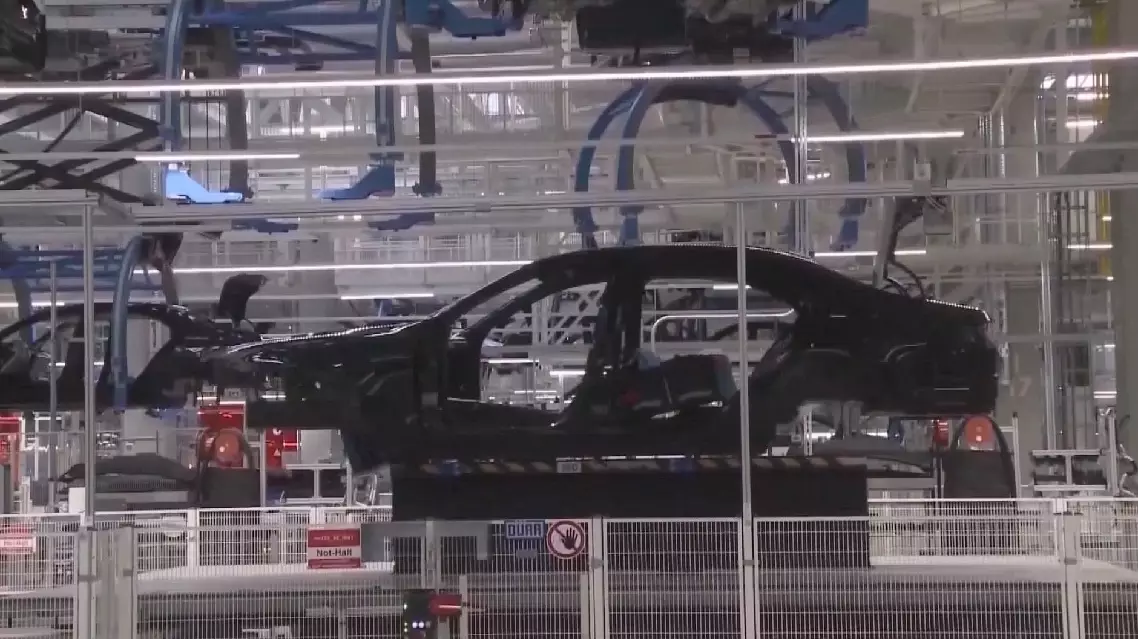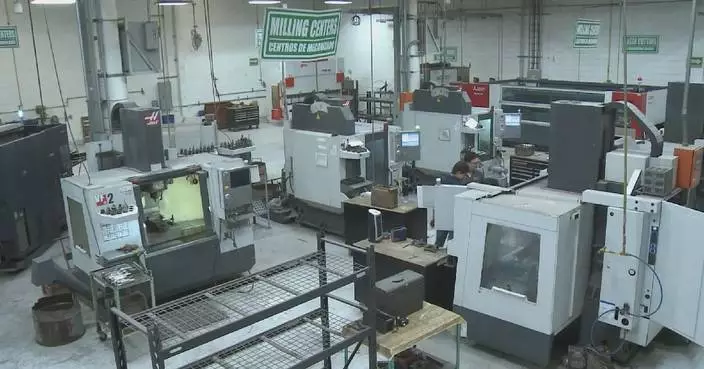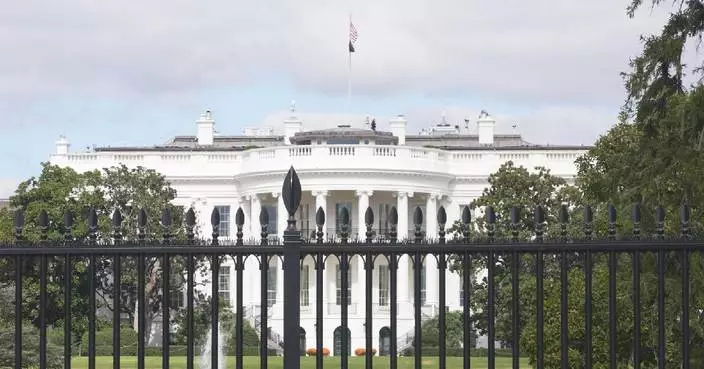The total box office revenue of the Chinese animated blockbuster "Ne Zha 2," including presales, surpassed 2 billion U.S. dollars as of Monday afternoon, according to box office tracker Maoyan Data, making it the first Asian film to reach this milestone.
With its record-breaking success, it is now the highest-grossing animated film of all time globally and the seventh highest-grossing film ever. As the movie's box office revenue continues to surge, "Ne Zha 2" is expected to surpass "Avengers: Infinity War" (which grossed about 2.05 billion U.S. dollars) to claim the sixth spot.
In addition, in Hong Kong and Macao, the total box office of the animated film, which debuted in local cinemas on February 22, has surpassed 32 million Hong Kong dollars (about 4.1 million U.S. dollars) as of Sunday, setting a new record for the highest-grossing Chinese mainland film in the regions.
As of March 2, "Ne Zha 2" was still being screened in over 800 showings across Hong Kong and Macao, with more than 600 screenings scheduled for March 3 and 4.
The film's popularity has sparked a "Ne Zha fever" in Hong Kong, with local businesses embracing the trend. Restaurants have introduced themed meal sets, while many Hong Kong moviegoers are watching the film multiple times and sharing their appreciation on social media, calling it an "energy booster."
To echo its popularity, Hong Kong's Television Broadcasts Limited (TVB) aired Ne Zha 1 during prime time on February 28, offering audiences both Mandarin and Cantonese dubbing options.

Ne Zha 2 box office breaks 2 bln US dollars, first in Asia

Ne Zha 2 box office breaks 2 bln US dollars, first in Asia

Ne Zha 2 box office breaks 2 bln US dollars, first in Asia
The latest U.S. tariffs on imported vehicles are expected to increase uncertainty in global supply chains and could significantly impact automakers around the world, including those in Germany, German experts said recently.
U.S. President Donald Trump signed an executive order on Wednesday to impose 25 percent tariffs on all imported vehicles, starting from Thursday, while tariffs on auto parts will be fully implemented by May 3.
As one of the world's leading automobile manufacturers, Germany's automotive industry relies heavily on international markets, with the United States serving as a key export destination.
Industry insiders warn that the recent move by the U.S. is likely to increase uncertainty in global market and could have a significant impact on automakers worldwide, including those in Germany.
In a statement released on Thursday, Hildegard Mueller, president of the German Association of the Automotive Industry, criticized the U.S. imposition of 25 percent additional tariffs on the automotive industry, calling it a serious blow to global supply chains that could create uncertainty for German car companies and their investments in the U.S.
Trump's policy is not "America First," but "America Isolated," and this protectionist approach will only lead to more losers, ultimately impacting American consumers, businesses, and the global economy, said Müller.
Omer Sahin Ganiyusufoglu, a member of German National Academy of Science and Engineering, said that the tariffs will increase the cost of manufacturing vehicles. Consequently, American consumers will face higher car prices, making it difficult for anyone to win.
"Tariff policies can be implemented swiftly, but it's important to carefully assess their effects. When tariffs are imposed on imported goods, the burden usually falls on consumers or businesses. These tariffs don't genuinely benefit the domestic population, and people will eventually recognize this," said Ganiyusufoglu.
"The U.S. will come to realize that in trying to throw a stone at others, it has ended up hurting itself and damaging its own citizens," he added.
Industry insiders note that the global automotive industry is at a crucial turning point in electrification and digital transformation, with technological innovation and supply chain restructuring as key development focuses. However, the recent U.S. tariff policy creates market uncertainty, prompting companies to reevaluate their global strategies.

US tariff move sparks criticism, concern in Germany




















































